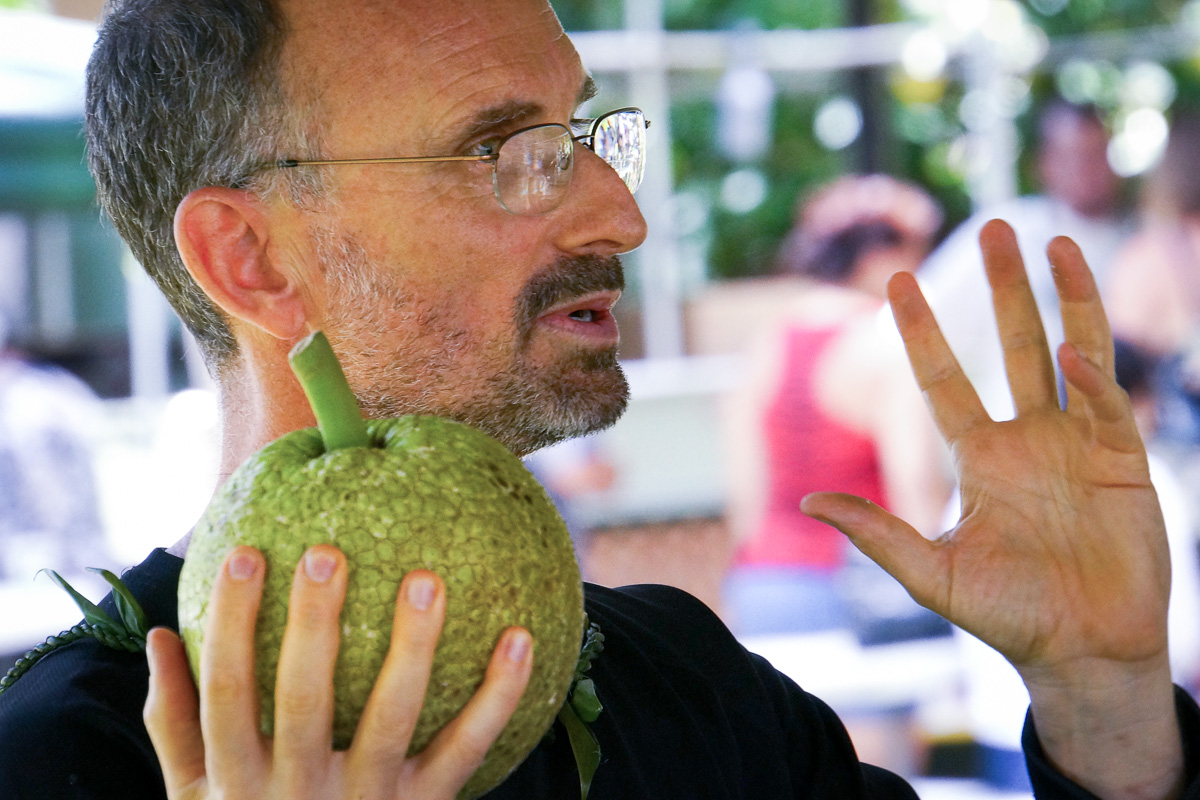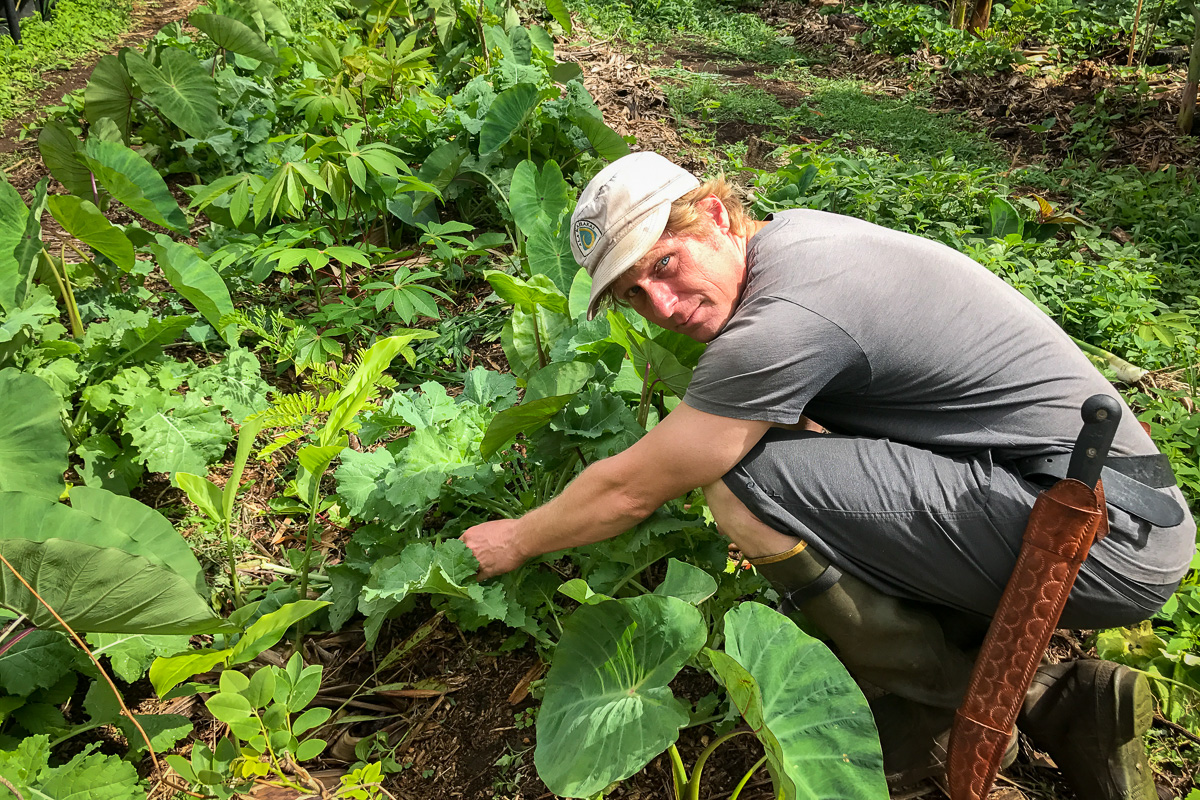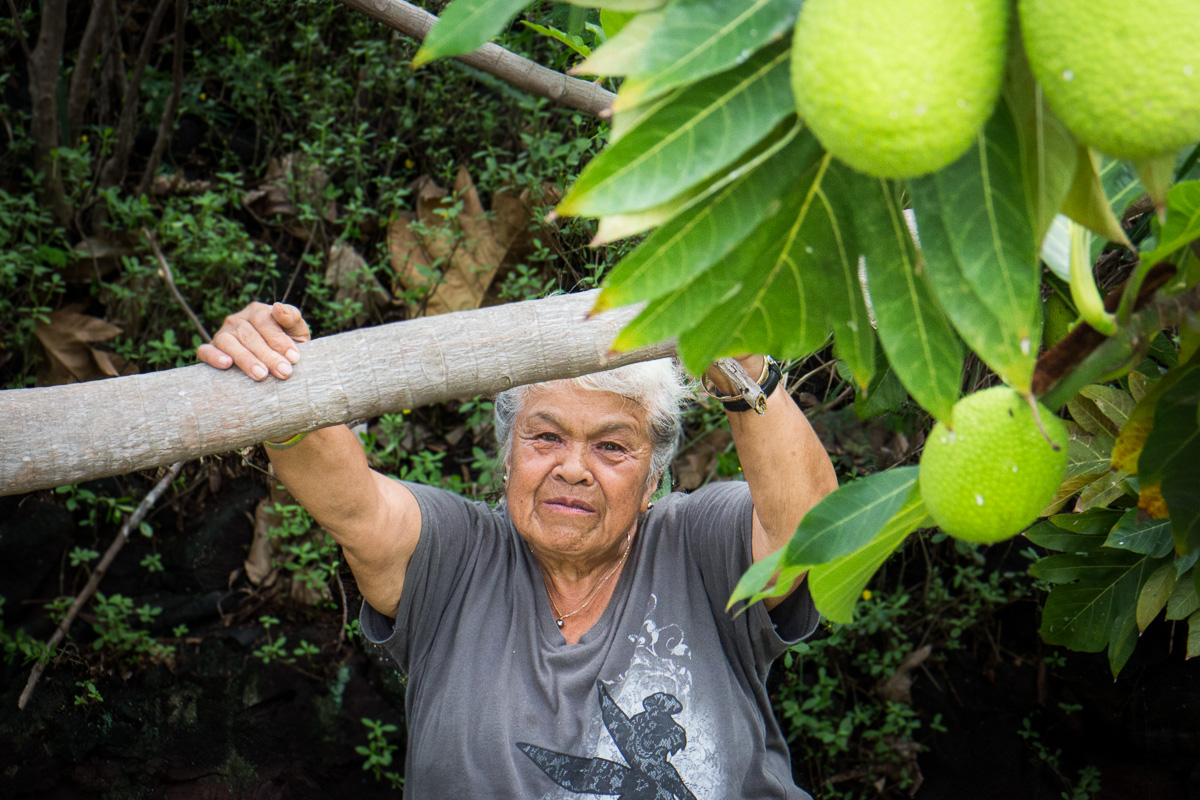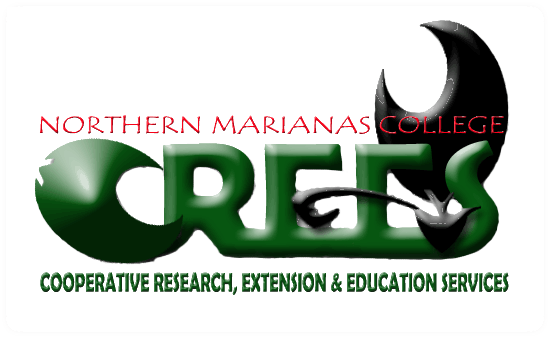Agroforestry systems have been cultivated throughout the Pacific Islands for extremely long periods of time. There is now growing interest in modern agroforestry systems as a response to climate change and for other benefits such as food security, farm diversification, increased early income, risk management, and soil and water conservation. Workshop participants will learn the latest strategies for reaching their goals in agroforestry. Hands-on activities during the workshop will give participants experience in the planning process from open land to managing an agroforest.
Participants will:
- Gain experience planning an agroforest from scratch
- Learn how to customize an agroforest to the site and production/conservation goals
- Discover fundamental design principles
- Develop a project budget and management plan
- Learn about resources and tools for successful outcomes
- Receive an agroforestry planning workbook
The workshop will be presented by a team of experienced Hawaii-based agroforestry professionals including Craig Elevitch and Neil Logan with cultural practitioner Aunty Shirley Kauhaihao. Presenters will share their unique set of skills and knowledge in tropical agroforestry, ethnobotany, systems engineering, organic agriculture, and economic analysis acquired over decades of study and field experience.
Speakers

Craig Elevitch, PhD has been an educator in agroforestry since 1993. For over 25 years, Craig has been living, teaching and writing about agroforestry. His internationally recognized publications and workshops have guided thousands in becoming more proficient in regenerative food production, agroforestry, and reforestation. In addition to working directly with dozens of farmers, he has facilitated over 150 agroforestry workshops in the Pacific, with over 7,000 producers and resource professionals participating since 1993. His agroforestry publications have garnered millions of downloads since 2000. These include Agroforestry Guides for Pacific Islands (2000), Traditional Trees of Pacific Islands (2006), Specialty Crops for Pacific Islands (2011), Agroforestry Landscapes for Pacific Islands (2015), and Agroforestry Design for Regenerative Production (2020), all of which promote diverse agricultural systems that are environmentally and ecologically regenerative.

Neil Logan is an agricultural innovator, drawing inspiration from agro-successional restoration, ethnobotany, mycology, permaculture, and numerous other fields. For the past 18 years, Neil has developed practical strategies, inspired by the work of Ernst Götsch, whom he first studied with in 2001. Together with his wife Sophia Bowart, he has been refining practical strategies for diverse agricultural production systems that can recover the costs of establishment within a few years. Neil has worked on projects in many different ecosystems around the globe, including in Hawaii, Arizona, Colorado, Florida, Peru, Bolivia, Brazil, New Zealand, and Canada. He is currently co-managing Mohala Lehua Farm and FARM Center and authoring several publications about agroforestry and Kiawe (Prosopis limensis) in Hawaii. Neil is a dynamic orator, teaching agroforestry, mycology, permaculture, horticulture, and herbalism. His capacity to impart the big picture context as well as practical perspectives to diverse audiences is one of his greatest strengths.

Aunty Shirley Kauhaihao has a deep and life-long commitment to breadfruit, rooted in her Honaunau, Hawaii upbringing in the heart of what once was an ancient Kona breadfruit forest. Aunty Shirley is co-director and founder of Ho‘oulu ka ‘Ulu, a project to revitalize breadfruit as an attractive, delicious, nutritious, abundant, affordable, and culturally appropriate food. She is well-known in the community as a master weaver and member of Ka Ulu Lauhala ‘o Kona, cultural organizer at Amy B.H. Greenwell Ethnobotanical Garden, and lead organizer for the cleanup of graffiti along Queen Ka‘ahumanu Highway in South Kohala, among her many volunteer activities. Aunty Shirley’s unfaltering dedication to the land and people of Hawaii inspires countless others.
Designing and Growing and Agroforest: Creating regenerative and profitable landscapes.
A workshop for agricultural professionals and growers
NMC-CREES, Saipan, November 15–16, 2019
Workshop agenda (subject to revision)
Day 1: Friday, Nov. 15, 8:00AM-4:30PM, Kanoa resort seaside hall
Time | |
8:00–8:30 am | Registration |
8:30–8:45 | Opening –Patricia Coleman, Interim Dean of NMC CREES Remarks from Rev. Kalani Souza – Zoom conference |
8:45–9:15 | Agroforestry design process Part 1: Project assessment and site preparation |
9:15–9:45 | Participant exercise |
9:45–10:15 | Morning break |
10:15–10:30 | Agroforestry design process Part 2: Species selection and spacing |
10:30–11:10 | Participant exercise |
11:10–11:30 | Composting, making agroforestry more sustainable—Dr. Virendra Verma, Horticulture Scientist, NMC CREES |
11:30–12:00 | Cooking demo—Aunty Shirley Kauhaihao |
12:00-12:45 pm | Lunch (provided by Kanoa Resort) |
12:45–1:15 | Common challenges and pitfalls of agroforestry |
1:15–2:00 | Agroforestry design process Part 3: Scheduling, labor and yield projections, economic analysis |
2:00–2:45 | Participant exercise |
2:45–3:00 | Afternoon break |
3:00–3:30 | Agroforestry design tool demonstration |
3:30–3:45 | Group discussion, Q&A |
3:45–4:00 pm | Raffle giveaway and closing |
Day 2: Saturday, Nov. 16, 8:00am-11:30am, As perdido Center for agriculture development-research farm
Time | |
8:00–8:30 | Meet at field site—NMC CREES As Perdido Farm |
9:00–11:00 | Outplanting of small agroforest |
11:00–11:45 | Group discussion—A way forward for agroforestry |
11:45–12:00 | Closing |

